Bill Gates made 15 bold predictions 25 years ago, and astonishingly, every single one has come true, proving his remarkable foresight.
Bill Gates, the co-founder of Microsoft, made a series of bold predictions about technology 25 years ago.
In his book, “Business @ the Speed of Thought,” he outlined 15 insights into the future of tech.
Remarkably, every single prediction has come true, showcasing his incredible foresight.
Bill Gates’ 15 major predictions from 25 years ago have all become reality
Price comparison services changed shopping
One of Gates’ earliest predictions was about price comparison websites.
He envisioned a future where people could easily compare prices across different platforms.
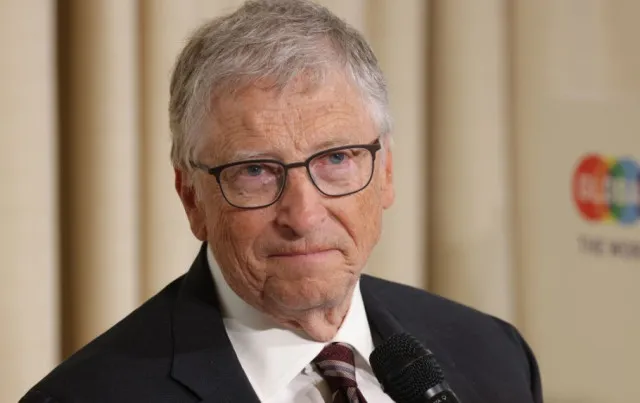
Today, websites like Compare the Market and Moneysupermarket allow users to find the best deals on everything from electronics to insurance in just a few clicks.
This change has made shopping more convenient and cost-effective.
Gates predicted: “Automated price comparison services will be developed, allowing people to see prices across multiple websites, making it effortless to find the cheapest product for all industries.”
Mobile phones became essential
Back in 1999, mobile phones were basic devices primarily used for calls and texts.
Gates predicted that small devices would allow people to stay connected and conduct business from anywhere.
Today, smartphones are indispensable tools that enable us to check news, book flights, and manage finances, all from the palm of our hands.
“People will carry around small devices that allow them to constantly stay in touch and do electronic business from wherever they are.
“They will be able to check the news, see flights they have booked, get information from financial markets, and do just about anything else on these devices.”
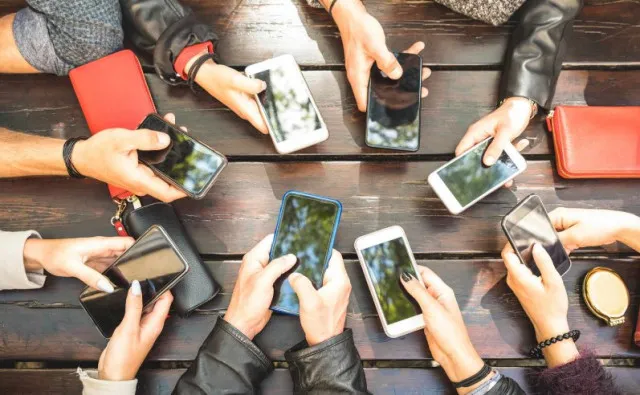
Online banking revolutionized finances
Gates also foresaw the rise of online banking. In his prediction, he stated that people would manage their finances over the internet.
This has come true, as online banking now allows us to transfer money, pay bills, and even consult with doctors digitally.
This shift has made financial management much easier and faster for everyone.
Rise of virtual assistants
While Gates did not specifically mention Alexa or Google Assistant, he anticipated the development of virtual helpers.
He imagined personal companions that could sync devices and manage schedules.
Today, smart assistants help us control our smart homes and provide information, proving Gates’ vision was spot on.
He proceeded: “It will inform all the devices that you use of your purchases and schedule, allowing them to automatically adjust to what you’re doing.”
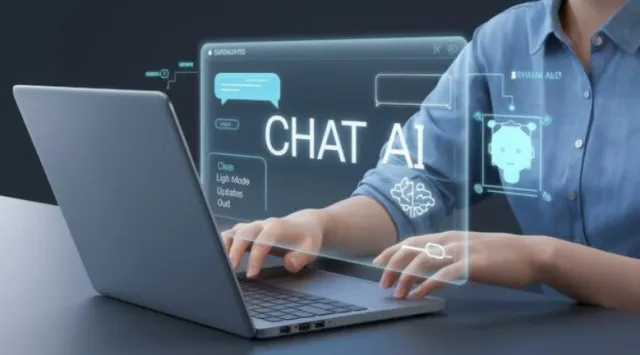
Home security evolved
Gates predicted advancements in home security. He envisioned systems that would provide constant video feeds of homes, similar to today’s Ring doorbells.
This technology allows homeowners to monitor their properties remotely, enhancing safety and peace of mind.
Social media connects friends and families
In the 1990s, staying in touch with friends often meant phone calls or visits.
Gates predicted private websites for family and friends to connect and share updates.
Today, social media platforms like Facebook and WhatsApp keep us connected with loved ones, no matter where we are in the world.

Personalized advertising became common
Gates foresaw the rise of tailored advertising. He predicted software that would suggest activities based on previous bookings.
Today, personalized ads follow us online, promoting products and services relevant to our interests and past behaviors.
“It suggests activities, discounts, offers, and cheaper prices for all the things that you want to take part in.”
Smart ads that know our preferences
Nowadays, it seems like ads are everywhere we go, almost like they are listening to us. They show us products we might want to buy based on our interests.
Bill Gates predicted this trend. He said that our devices would use “smart advertising.”
This means they would learn what we like to buy and show us ads that fit our preferences.
He added: “They will know your purchasing trends, and will display advertisements that are tailored toward your preferences.”
Live sports interaction transformed viewing
Another interesting prediction from Gates was about sports discussion platforms.
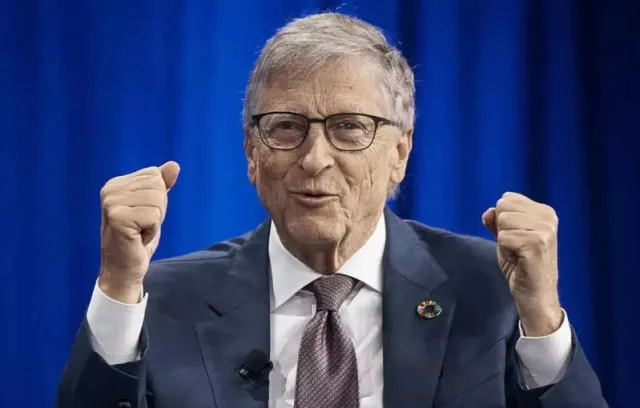
He imagined services that would allow viewers to discuss live events and engage in contests while watching sports.
This concept has materialized with various apps and websites catering to sports fans, enhancing their viewing experience.
He wrote: “While watching a sports competition on television, services will allow you to discuss what is going on live, and enter a contest where you vote on who you think will win.”
Links to websites during broadcasts
Gates also predicted that TV commercials would evolve to include links to websites.
This foresight has become a reality, as many advertisements now feature QR codes or website links, directing viewers to additional content or promotions.
He reported: “Television broadcast will include links to relevant websites and content that complement what you are watching.”
Online discussions for local issues
Gates imagined a future where communities would discuss local issues online.
Today, platforms allow residents to engage in conversations about politics, safety, and planning, bringing people together to address community needs.
Global online communities formed
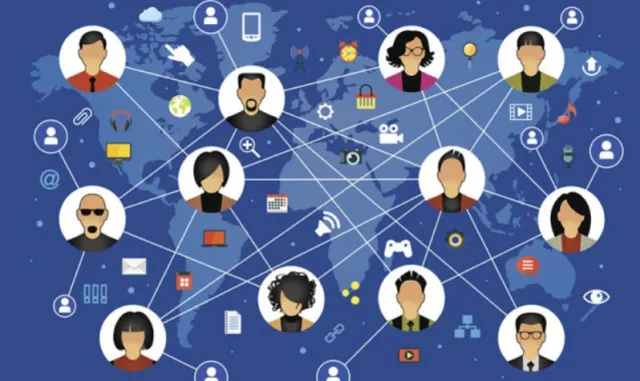
He also predicted that online communities would not be limited by geography, but rather by shared interests.
This vision is evident in platforms like Reddit, where users from around the world connect over common hobbies and topics.
Project management software streamlined collaboration
In the workplace, Gates predicted the future of project management software.
He envisioned tools that would help managers find suitable team members for projects online.
Today, platforms like Slack and Microsoft Teams facilitate collaboration and communication among teams, making work more efficient.
“Project managers looking to put a team together will be able to go online, describe the project, and receive recommendations for available people who would fit their requirements,” he wrote.
Online job hunting became mainstream
Gates foresaw the potential for online job searching. He predicted that individuals would find job opportunities through digital platforms.
This has come true with sites like LinkedIn, which have transformed how people network and seek employment.
He noted: “Similarly, people looking for work will be able to find employment opportunities online by declaring their interest, needs, and specialised skills.”
Companies bid for jobs online
Lastly, Gates envisioned a future where companies could bid for jobs online.
This prediction has also materialized, as businesses now use online platforms to outsource work and connect with clients, streamlining the hiring process.
“Companies will be able to bid on jobs, whether they are looking for a construction project, a movie production, or an advertising campaign.”